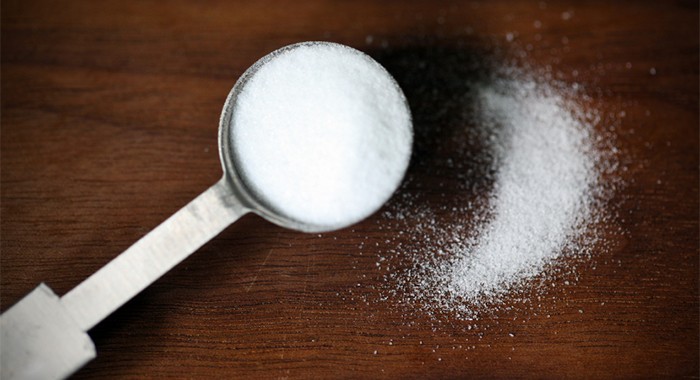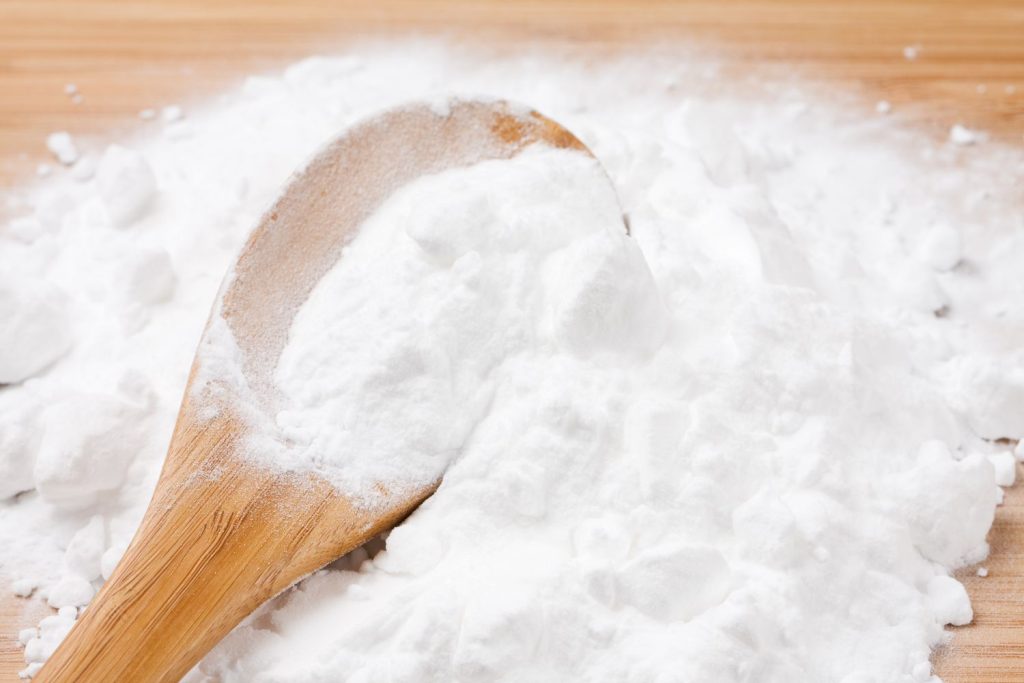When it comes to baking, gluten-free ingredients are crucial. For those who have gluten sensitivities or allergies, being able to make and enjoy baked goods without the risk of reactions is incredibly important. But what about baking powder? Is it gluten-free? Let’s take a look at the answer.

Table of Contents
Understanding Gluten Sensitivity and Allergies
Before we dive into baking powder, let’s take a quick look at gluten sensitivity and allergies. Gluten is a protein found in wheat and grains like barley, rye, and spelt.
For most people, consuming gluten products is not an issue; however, for those with gluten sensitivities or allergies, even small amounts of this protein can cause serious reactions that range from abdominal discomfort to anaphylaxis.
As such, it’s vital for those avoiding gluten to read labels carefully and be aware of which ingredients contain this protein.
Is Baking Powder Gluten-Free?
Now that we understand why it’s so important for individuals who have sensitivities or allergies to avoid gluten products, let’s talk about baking powder specifically.
Generally speaking, baking powder is considered gluten-free because it does not contain wheat or any other grain-based ingredients that contain protein.
However, some brands may add wheat starch as a stabilizing agent during production—so be sure to read labels if you need to avoid all traces of the ingredient.
Additionally, some types of baking powders such as double-acting baking powders may also contain cornstarch which contains trace amounts of gluten; again though you should check labels before purchasing if you need your product to be completely free of this ingredient.
FAQs
Is baking powder vegan?
Yes, baking powder is typically vegan.
Baking powder is essentially a mix of baking soda, cream of tartar, and sometimes cornstarch. All three ingredients are plant-based items which makes the product vegan-friendly.
However, some brands may add animal products to their baking powder so it’s important to check the label before purchasing.
Also, check for any added artificial flavors, dyes, or preservatives that may not be vegan-friendly.
Although the baking powder is generally considered vegan-friendly, it’s best to double-check the ingredients to ensure that your product is vegan.
Is baking soda vegan?
Yes, baking soda, or sodium bicarbonate, is a vegan-friendly product that can be used in a variety of recipes.
Baking soda is an alkaline powder made from the mineral nahcolite that naturally occurs as a component of natural salt deposits. It does not contain any animal products and so can be safely consumed by vegans.
Baking soda is often used in baking recipes as a leavening agent and to help activate other ingredients like baking powder. It can also be used as a natural cleaning product or a home remedy for colds and upset stomachs.
As it is completely vegan-friendly, baking soda can be safely enjoyed by anyone following a plant-based diet.
Baking soda is an incredibly versatile ingredient that can be used in a range of recipes, from cakes and bread to savory dishes and even beauty products.
Whether you’re looking for a vegan-friendly leavening agent or just need something to raise the pH level in your dish, baking soda is sure to come in handy!
Read more:
Is Corn Masa Flour Gluten-Free? Uncovering the Truth
Is there gluten in baking soda?
Baking soda, also known as sodium bicarbonate, is a common ingredient found in many recipes. It is used to make baked goods rise and has a slightly salty taste. Despite its frequent use in baking, baking soda does not contain gluten.
Gluten is a protein found in wheat-based products like bread and pasta.
This means that anyone with a gluten intolerance can safely include baking soda in their recipes without fear of an allergic reaction.
Baking soda is also used for cleaning or natural remedies. It can be used as a gentle abrasive, to reduce odors, and to eliminate stains. In addition, baking soda has been found to have antacid properties, making it useful for stomach upset or heartburn.
While there is no gluten in baking soda, it is important to check the label of any product containing baking soda to make sure that it does not contain wheat-based ingredients. If a recipe calls for baking powder instead of baking soda, it is also important to look for a gluten-free version as baking powder may contain gluten. Overall, baking soda is a safe ingredient for people with gluten intolerance and can be used in many recipes without worry.

Conclusion
In conclusion, most types of baking powder are considered safe for those with gluten sensitivities or allergies as they typically don’t contain wheat or other grain-based ingredients that are known sources of protein. However, always double-check labels when purchasing this product just in case there could be any trace amounts present due to stabilizing agents or processing methods used by manufacturers—this will ensure you have the safest product possible for your needs! Whether you need your baked goods to be totally free from traces of gluten or not is up to you—either way now you know what to look out for when shopping for baking powder!
References:
https://www.mdpi.com/2072-6643/2/1/16
https://www.sciencedirect.com/science/article/abs/pii/S0260877409003860?via%3Dihub








